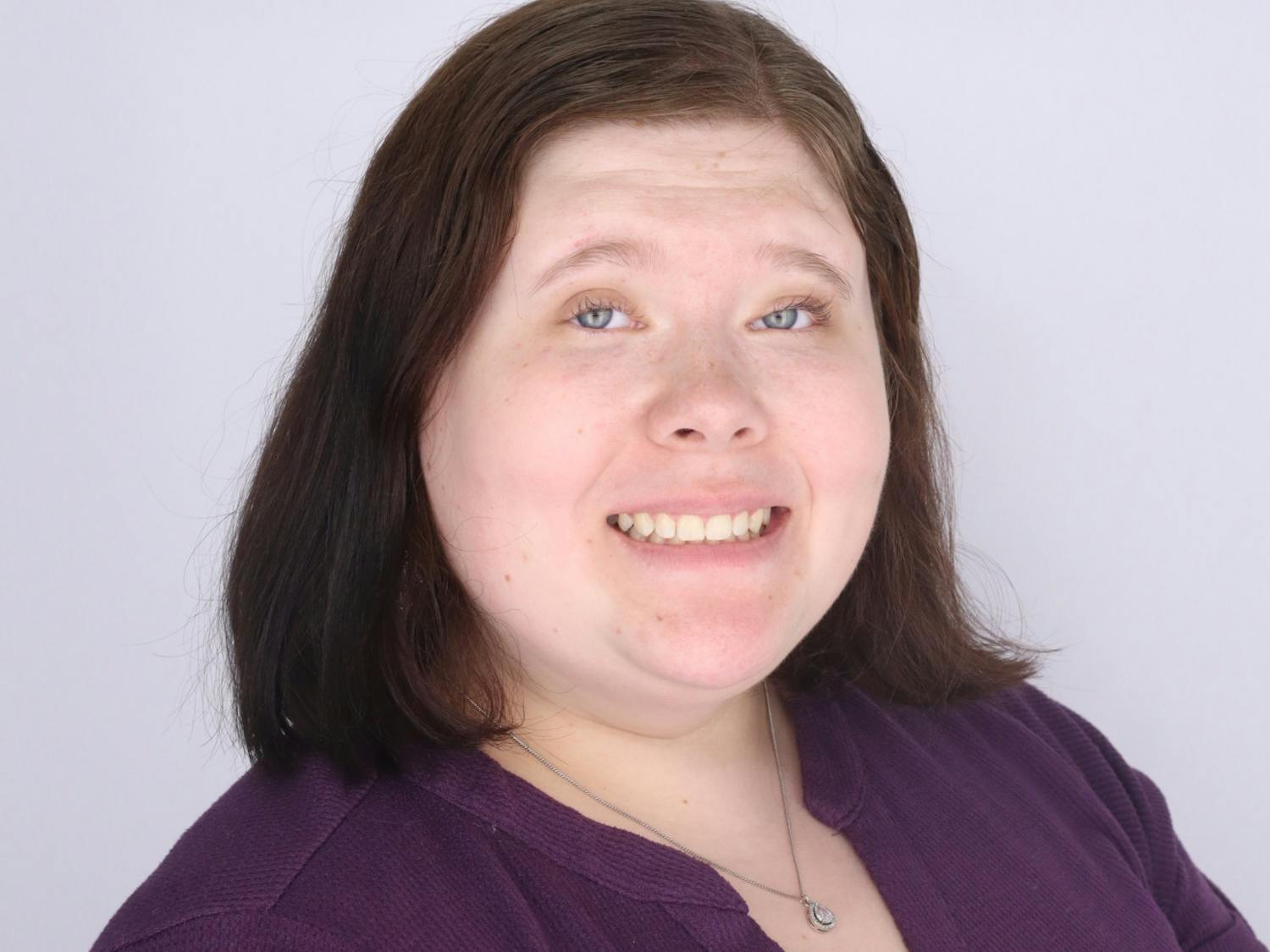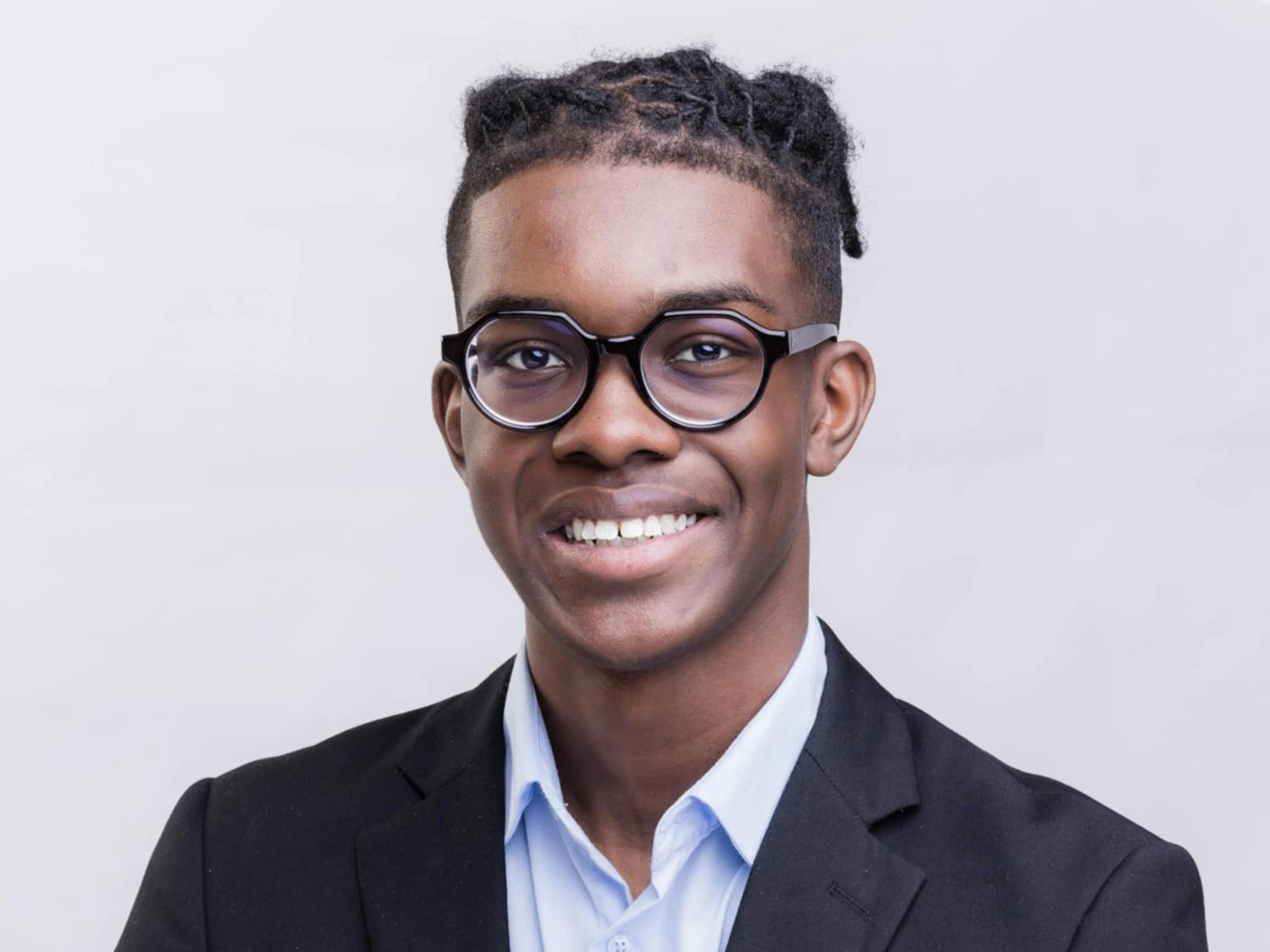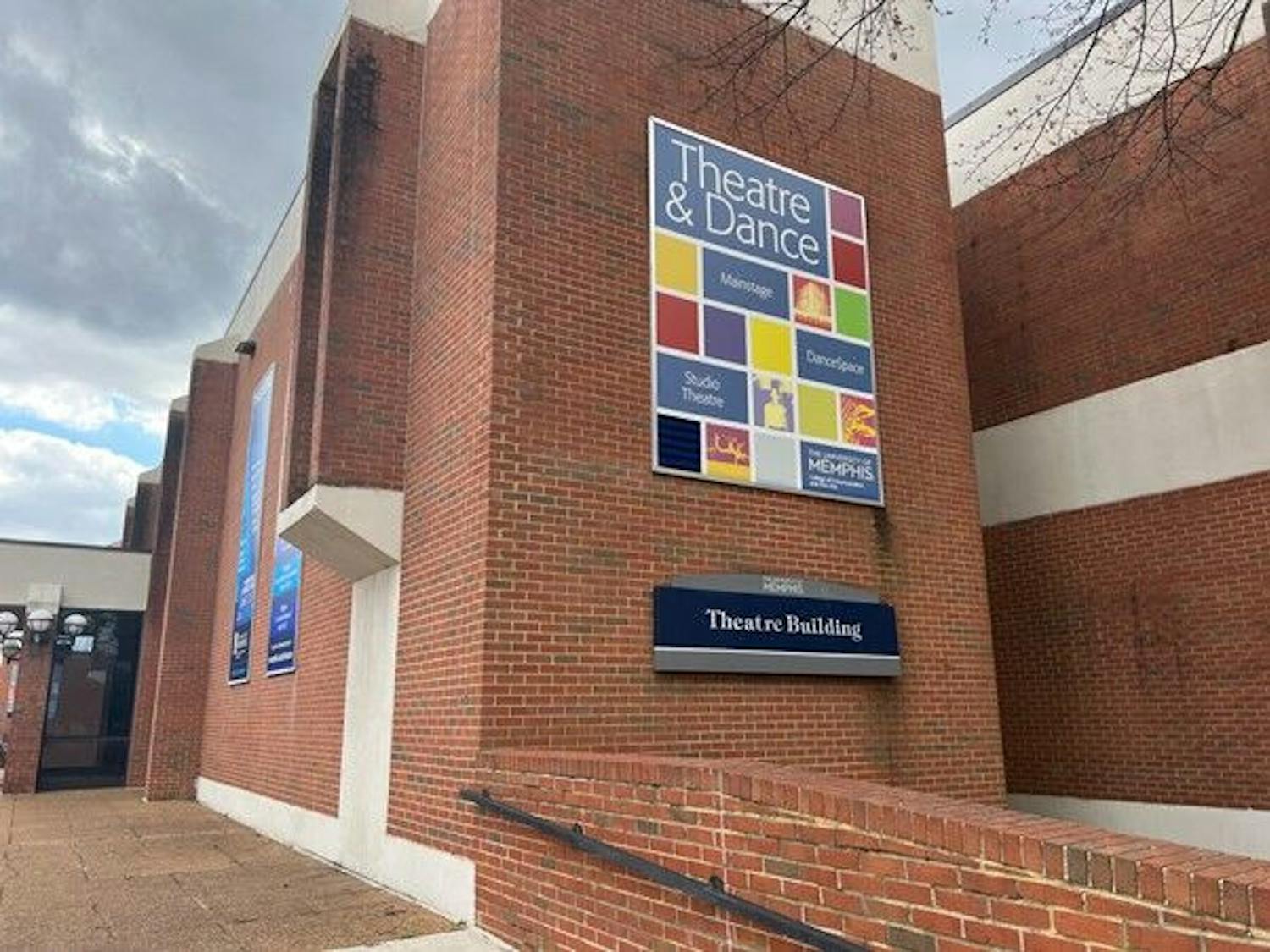The University of Memphis has partnered with Inside-Out Prison Exchange Program, a program that brings college students and incarcerated students together in a learning environment.
Haley Zettler, a professor of criminal justice at the U of M, brought this program to the univeristy this semseter.
“I went to the training this summer, and I’m teaching the first Inside-Out course here at the University of Memphis this fall,” Zettler said. “It can be any topic, but my class is a topic of crime and social justice … it is an equal number of University of Memphis students and an equal number of incarcerated students at the Shelby County Correctional Center.”
The Inside-Out Prison Exchange Program was designed to bring college and incarcerated students together for a semester-long course to help students see how each side is affected by social justice issues. In 1995, Lori Pompa, a criminal justice professor at Temple University, selected 15 undergraduate students to take to the State Correctional Institution in Dallas, Pennsylvania, for a visit. After meeting the inmates while touring the facility, Pompa decided to create the program and began teaching her first class there in 1997. Since then, more than 22,000 students have enrolled in the Inside-Out program.
The course is conducted in prisons, jails or other correctional facilities, with Shelby County Correctional Center as the local affiliate for U of M. Zettler’s class, called Crime and Social Justice, meets once a week at the facility for three hours and discusses a wide variety of topics relating to criminal justice.
“I got approval last year to kind of go forward with it, apply for the training,” Zettler said. “We went all the way up to an administrative level to get approval to run the program, and that was announced in April, and so we had an opportunity for our students to then decide if they want to take the class.”
U of M students who take this class have to go through an application process and an interview with Zettler. She then selects the students who are going to be participating in the course for that semester. The selected students have to pass a background check and safety training course at the Shelby County Correctional Center before the start of the class.
The exchange program does not label incarcerated students, so no student in the class is called an inmate or a prisoner. Everyone is referred to as either an outside person or an inside person to attempt to equalize the students enrolled in the course.
“The class operates on a semi-anonymous basis, so everyone is (identified by) a first name,” Zettler said. “There is no information exchange beyond that. I don’t know anything beyond the first names of my incarcerated students as well, and I don’t know what they are incarcerated for … So the idea is that it creates an environment where everyone is truly an equal in a place where that doesn’t really exist.”
Casey Banks, a political science major who is taking the course, said she chose to take this class to learn about the prison system and was unsure at first of how being in a class with men in prison was going to feel.
“I chose to take the class because I felt as if it would be a good learning experience for me to learn about the prison system and how it affects the people inside it,” Banks said. “At first, I was a little skeptical of how the all-male class was going to to react to female students, as well as having a female instructor, but after being in the class a few weeks, (my initial presumptions were) very wrong. Almost all of the inside students that I’ve worked with are so eager to learn. Most of the time, they answer questions faster than we do. They are all so nice.”
Overall, Banks said she would suggest anyone participate in the program.
“If I had the opportunity to participate again, I definitely would also recommend this class to anyone in the future,” Banks said.





